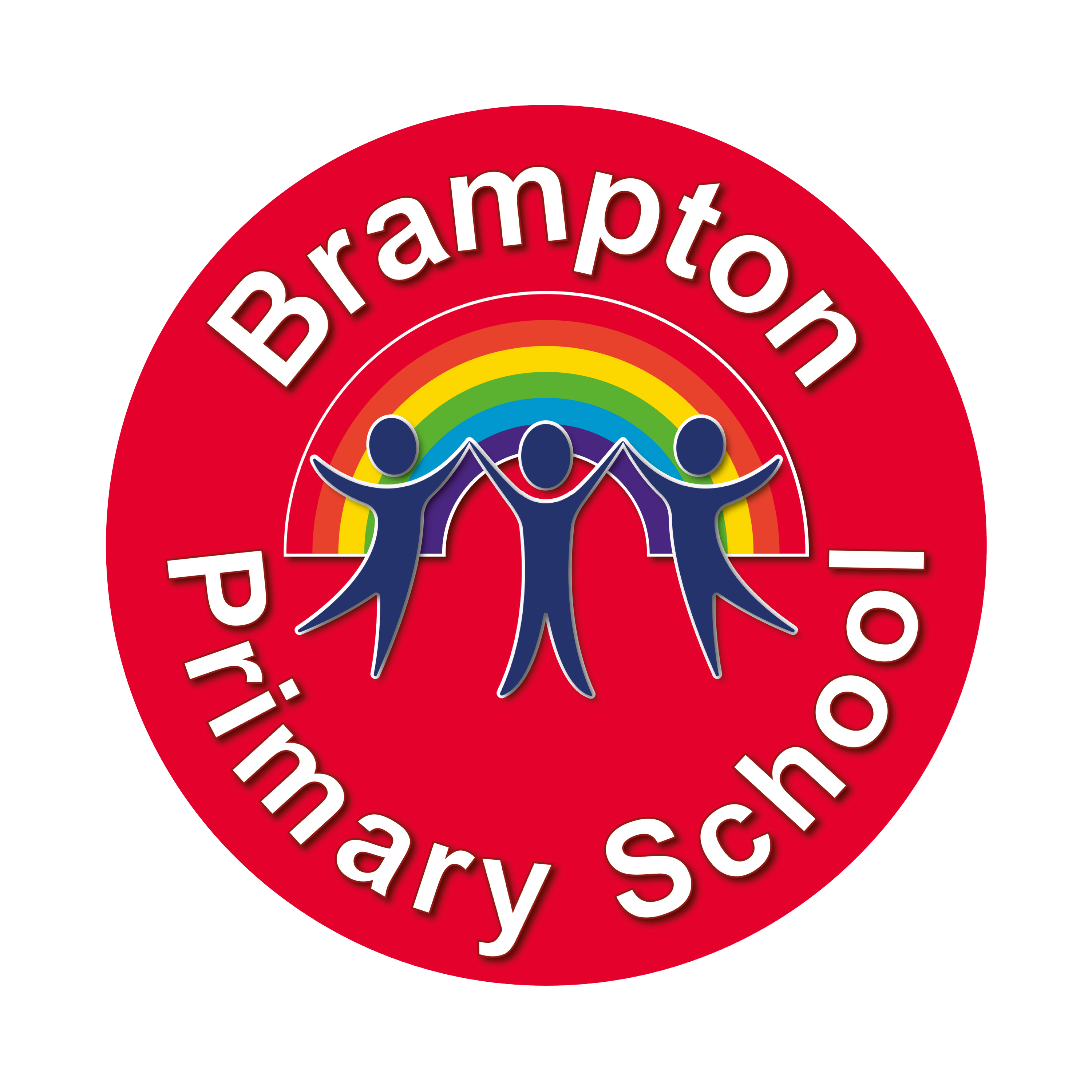Languages
Intent

When children move into Year 3 they begin lessons in French. This is the Modern Foreign Language we choose to study. We follow the Modern Foreign Languages National Curriculum. Children do much of their work orally and also learn to write words and phrases. The aim is to allow pupils to express their ideas and thoughts in another language and to begin to understand and be able to respond to French speakers, both in speech and writing. It is intended to be a foundation for learning further languages as they progress to Key Stage 3. The children also learn about the country and the culture, which opens up the wider world.
The M.F.L. curriculum focuses on:
Speaking both words and sentences in French
Listening to French speakers and to their teachers and each other
Reading words, sentences and simple stories, rhymes etc.
Writing the new vocabulary, sentences and short passages
Implementation
We use a French scheme throughout Key Stage 2. It comes from CGP+ and is very interactive. The children have one French lesson each week taught by their class teacher or a High Level Teaching Assistant. The lessons are structured so that they build upon the content and vocabulary that they have taught in previous lessons. The children learn new vocabulary for each topic and are able to hear the true French pronunciation. There are lots of games, stories and songs for each topic. The children really enjoy their experiences of it and are learning lots. Commenting with statements such as
"It is really fun. We play good games and the games help us to learn French."
Year 5 child
The children also copy out the new French vocabulary and begin to speak and write in sentences.
They enjoy the stories and songs in French at the end of each unit of work. These stories build upon the vocabulary, phonology and any grammar that has been taught throughout the unit and through previous units of work.
Impact
The impact of the foreign languages curriculum is measured through monitoring in school. This can take the form of discussions with teachers, discussions with children, lesson observations and book monitoring.
Monitoring is used to see whether children enjoy and are enthusiastic about their French lessons in school and whether they are making progress in French. Children's work should cover the range of topics and there should be evidence of speaking, listening, reading and writing in lessons. All children should be making progress, including EAL and SEND children.
Monitoring is also used to identify any gaps that may need to be addressed across the school or within individual year groups.
